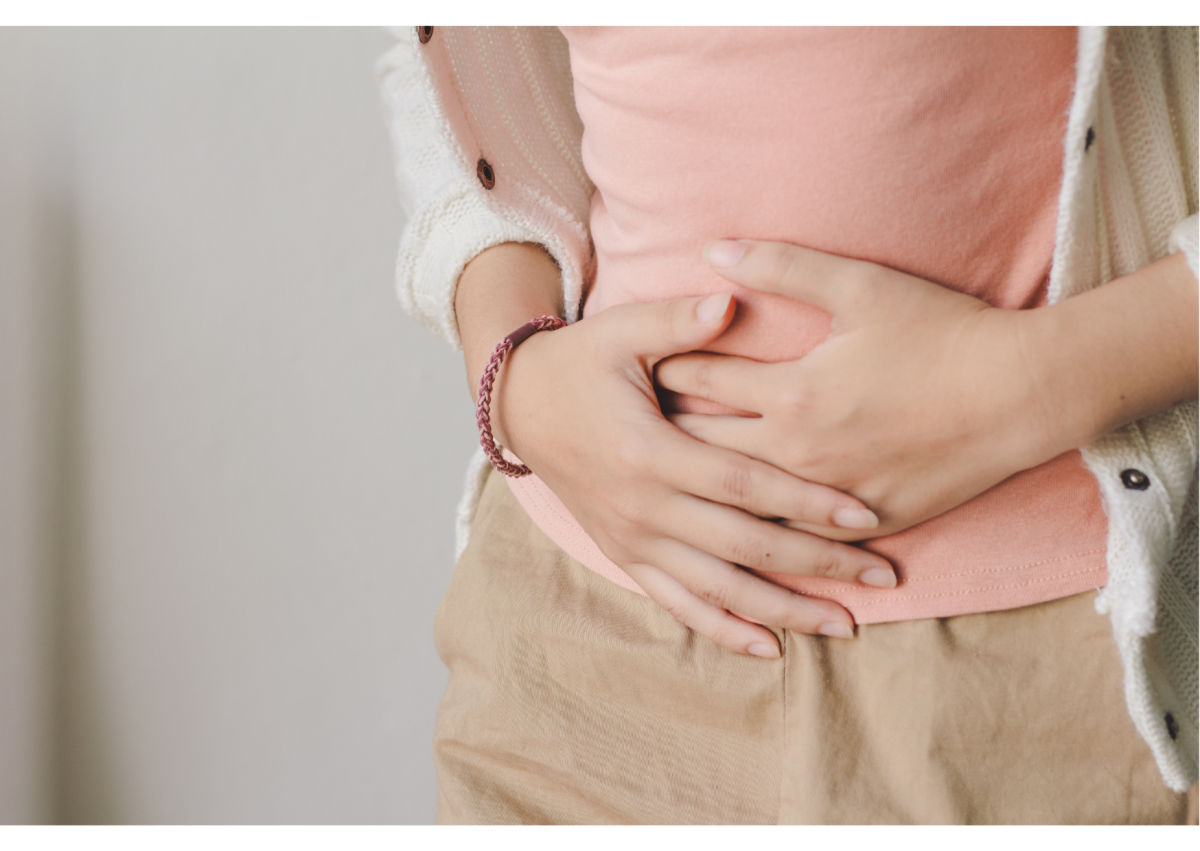Coffee & IBS – is there a connection?
- Dietary Advice (non Low FODMAP)
This article will explain the connection between coffee and IBS.
We will discuss whether coffee is safe to drink if you have IBS, how it affects your condition, and whether it causes bloating.
Moreover, we will check if decaf coffee is a better option for symptom control and give you four other IBS-friendly coffee alternatives.

Can you drink coffee if you have IBS?
Yes you can drink coffee if you have IBS but the type and amount will vary as some people may be impacted by the caffeine content (1, 2).
Caffeine is a stimulant and so may cause you to open your bowels more urgently.
The amount of coffee you can drink depends on your genetic predisposition (how fast you metabolize caffeine), tolerance, coffee preparation, and how it all affects your symptoms (5).
How does drinking coffee affect IBS?
Unfortunately, we do not have much research on people with IBS and coffee consumption, so we will look into the research on healthy individuals.
Two studies from the 1990s compared the effect of regular coffee, decaffeinated coffee, and hot water on the desire to defecate (6, 7).
Results showed that both regular and decaf coffee stimulated the digestive system, but not hot water (6, 7).
These studies can help us understand that caffeine is not the only substance in coffee that stimulates digestive symptoms.
The stimulating effect of coffee could be due to the increased secretion of certain hormones involved in metabolism (gastrin, cholecystokinin, motilin) (8, 9).
For individuals with IBS, this stimulating effect can exacerbate symptoms, especially in people with IBS-D. Conversely, this effect of coffee can be beneficial for people with IBS-C.
Further research is needed to fully understand the interactions between coffee consumption, hormone secretion, and IBS symptoms.
Is decaf coffee better for IBS?
For some people with IBS-D, decaf coffee might be better, as it is gentler on the digestive system than caffeinated coffee.
But, if you have IBS-C, a cup of caffeinated coffee in the morning might help you to open your bowels.
Another thing we have to take into account is how caffeine impacts the nervous system (10).
If you notice increased anxiety after having coffee, it might be helpful if you swap with the decaf alternative.
Decaf coffee also will not disrupt your sleep, so if you fancy a cup in the late afternoon, you will again benefit from decaf coffee without compromising the taste.
Coffee and IBS bloating
Black coffee is low FODMAP and does not cause bloating, per se (11). However, caffeine in coffee can upset the stomach of sensitive individuals on many levels, as we discussed above.
Another thing you should consider when having coffee is what you add to it.
Milk, plant-based milk alternatives, coffee creamers, and some sweeteners can be high FODMAPs and contribute to symptoms such as bloating.
If you do not drink black coffee, try it with low FODMAP milk and a low FODMAP sweetener before you completely exclude it.

Alternatives to coffee for IBS sufferers
We do not consume coffee only for a caffeine boost, but it is also a ritual. To enjoy your ritual, even if you are cutting down on caffeine, look at our ideas for coffee alternatives.
The first alternative to regular coffee is decaf coffee. While it still contains small amounts of caffeine, it may be better tolerated.
The second alternative is tea (green, white, black, grey). All of them are lower in caffeine than coffee and contain beneficial antioxidants.
If you would like to hold back on caffeine, you can also opt for herbal teas. Here you can learn about teas and IBS: What is the best tea for IBS?
Another alternative is rooibos tea, an herbal tea made from the leaves of the Aspalathus linearis plant, which is native to South Africa and is naturally caffeine-free.
The next option is golden milk or turmeric latte—a hot beverage with turmeric, a blend of spices, and a milk alternative. Here, you can check the recipe for the low FODMAP golden milk.
Summary
Coffee is one of the IBS triggers. However, each person with IBS has different tolerance levels, and some might tolerate coffee better than others.
Coffee can stimulate your digestive system and worsen IBS symptoms. But this is not all; caffeine (a compound from coffee) can impact your nervous system and worsen anxiety.
Working with a registered dietitian can help you discover your tolerance levels for coffee so you do not have to stop drinking it completely.
If you want an alternative to coffee, you can try decaf coffee, tea, or golden milk.
Written by Barbara Lešnik, Student Dietitian, reviewed by Kirsten Jackson, Consultant Dietitian BSc Hons, RD, PG Cert